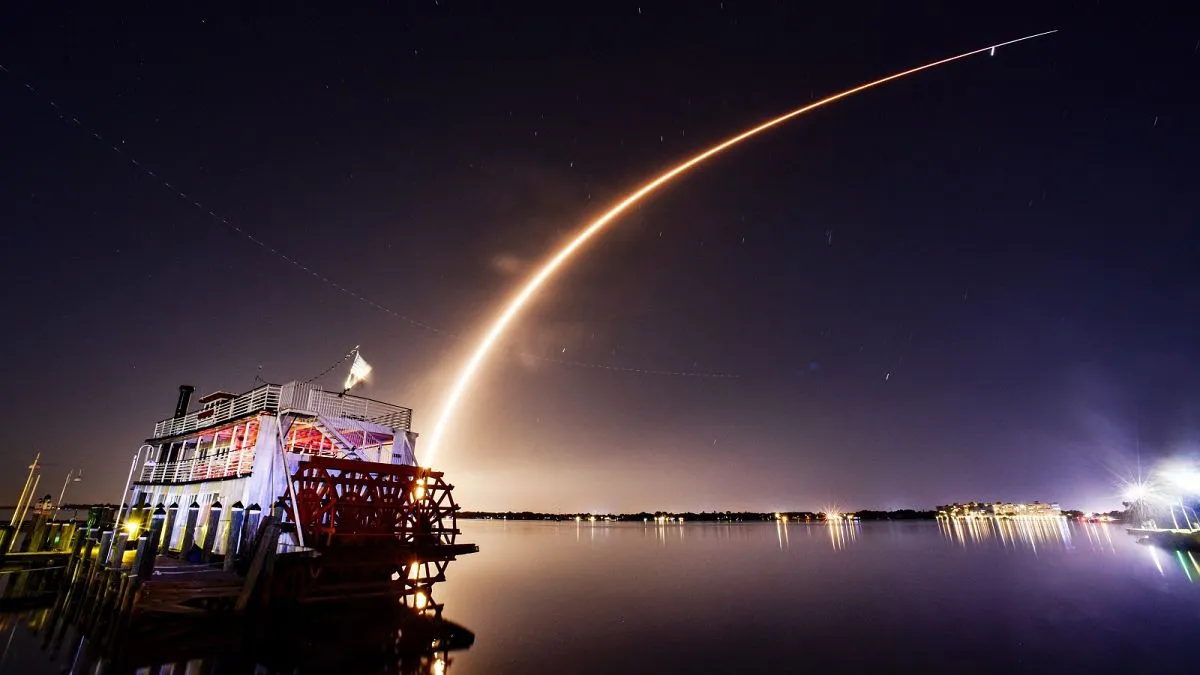Starlink Satellites and Their 'Blinding' Effect on Space Science

Satellite Innovations and Their Consequences
The proliferation of satellites, particularly those from the Starlink constellation by Elon Musk and SpaceX, poses serious challenges for space science. Researchers have identified that these satellites emit significant levels of radiation, which can interfere with astronomical observations.
The Blinding Effect of Starlink
- The growing number of satellites may cause radio interference in space science.
- Increased radiation can hinder telescope performance and data collection.
- Concerns are rising over the ability to conduct space observations.
The Future of Space Science
As the Starlink network expands, the potential for space science observations could be compromised. The implications for researchers necessitate a deeper investigation into how to mitigate these effects. Moreover, the industry must explore the consequences of this technology on celestial monitoring.
This article was prepared using information from open sources in accordance with the principles of Ethical Policy. The editorial team is not responsible for absolute accuracy, as it relies on data from the sources referenced.